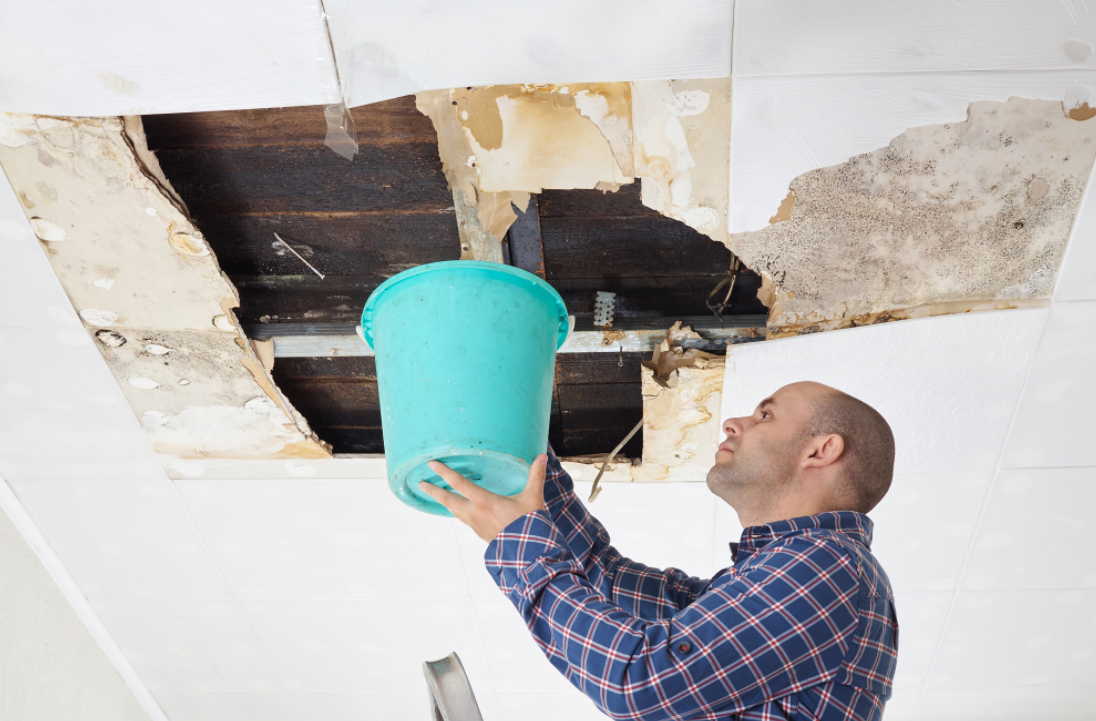How to Effectively Deal With Water Damage

Do you have a plan of attack to protect your home from water damage? Unfortunately, an emergency can happen anytime, caused by leaking pipes, storm damage, or other plumbing problems.
If water is leaking into your home, you need to take action fast to prevent it from damaging your home. Otherwise, water can destroy your possessions, cause wood rot, or bring in problems with bacteria and mold.
When this happens, you may end up facing some consequences. For example, water damage can result in structural damage, health complications, pest infestations, and loss of personal items. Unfortunately, all these things may cost you a considerable amount of money in repairs, replacements, and expensive medical bills for the adverse health effects.
With these things said, it’s best to tackle water damage as quickly as possible to prevent further problems. But you may be wondering how to address the issue promptly.
If you want to learn more? If so, keep reading to find out how to deal with water damage like a pro.
Stop Further Water Damage
The most immediate step during a plumbing emergency is to stop the water right away, preventing further damage and flooding.
Most homeowners call a professional for emergency water repair, especially for complex problems. However, the key step is to turn off the home’s water supply to stop burst pipes from causing further damage.
It’s essential to do this while waiting for the plumbing experts to arrive and address the problem.
Generally, when you have a water damage concern, calling plumbers Columbia SC or wherever you may be located is the first thing to do. Unless you’re an expert in dealing with this situation, you need the assistance of professionals to identify and resolve the problem immediately and have a water restoration. Remember, waiting a long time before fixing the water damage issue may cause many problems.
Hence, to save yourself from the stress associated with water damage, be sure to work with reliable plumbers in your area. By doing so, you can rest assured that the problem will be resolved to stop further water damage.
File an Insurance Claim
Next, file an insurance claim with your home insurer. Often, the damage to the home and its belongings will be covered by your homeowner’s insurance, so hopefully, you won’t be left out of pocket.
With that in mind, review your insurance policy and check your coverage. If the damage caused by water damage to your home and possessions is covered, proceed with filing an insurance claim. But to increase your chances of approval, you need to consider some factors. For example, insurance companies are going to want evidence of the damage, so take photos and videos of the water damage before you begin cleaning your house after the leak.
Start the Cleaning Process Immediately
The cleaning process can seem overwhelming, but the quicker you get started, the quicker it will be finished.
Start with bringing in a wet vac to remove standing water from the room. Then, remove all furniture and belongings from the room, so that they can dry out.
Rugs and carpets will likely need to be tossed, as it’s hard for them to recover from water damage. Often, furniture can survive, but it may need reupholstering.
Unfortunately, many personal items like photo albums, toys, and items of clothing may not be able to be saved if they’ve been soaked. Keep as much as you can, but accept that some items will need to be thrown away.
Check for Mold Damage
One big problem after water damage is mold in your home. Mold and mildew love damp, dark spaces, so mold is often seen after a flooding or leaking pipe, especially under sinks, in basements, and in bathrooms.
Mold can cause serious health issues like asthma, allergies, and infections, so you’ll need to remove mold as soon as possible to keep your family safe.
Protect Your Home After Leaking Pipes With These Tips
If your home has water damage, act fast! Follow the steps above to deal with water damage effectively and clean up any messes before they can cause structural damage to your home.
Hopefully, it will never happen to you. However, if you do have a burst pipe or flooding after a storm, keep your home safe with these suggestions.
Was this article helpful? If so, please keep reading to find more useful content and ideas.
Read Also:











Leave A Reply